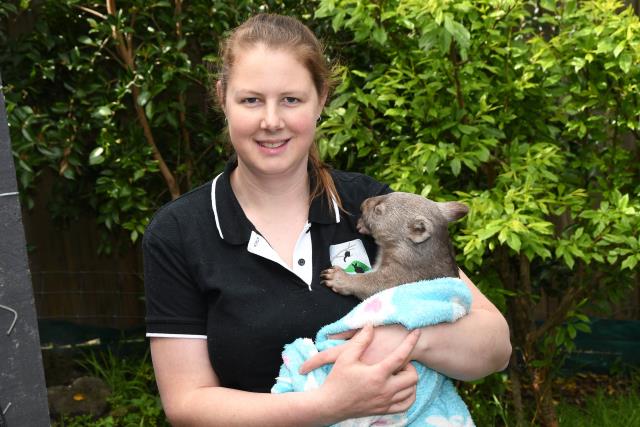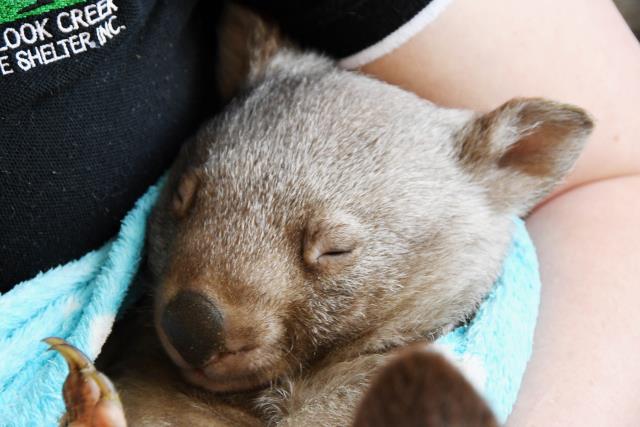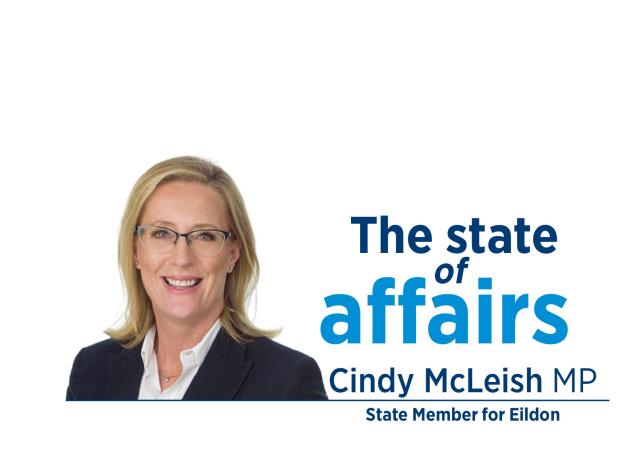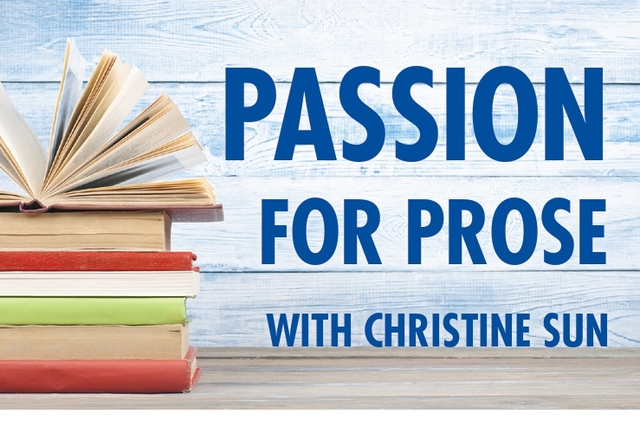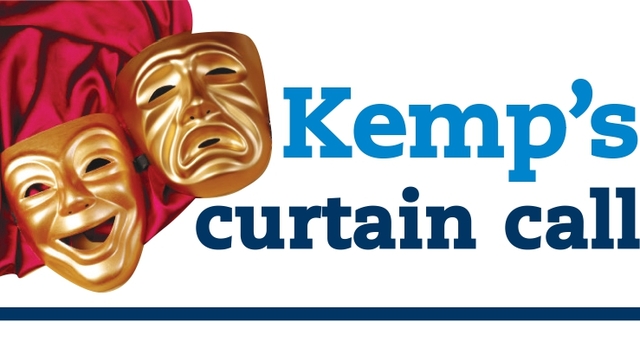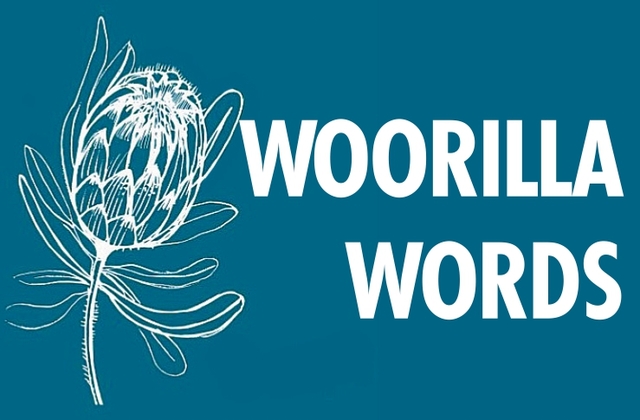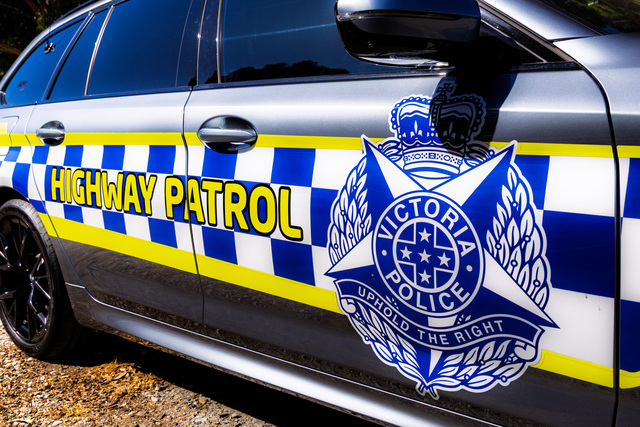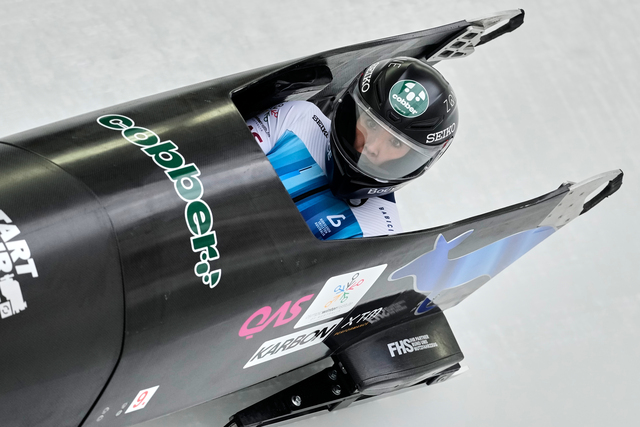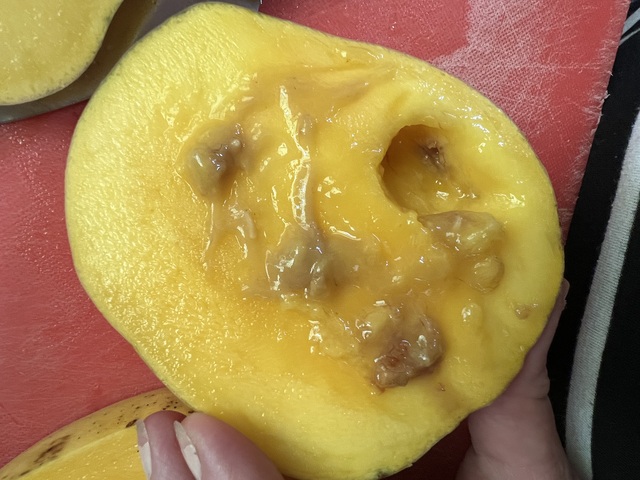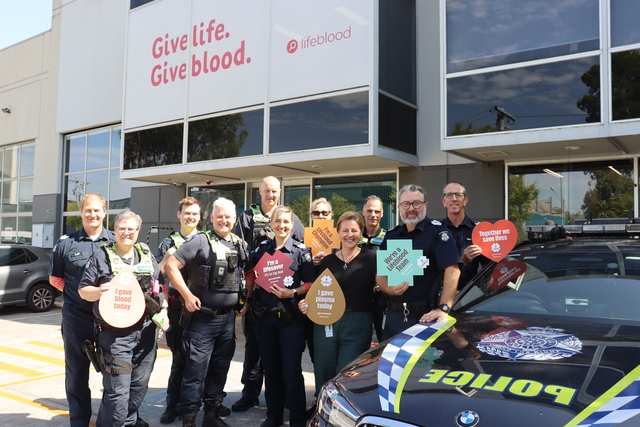A local wildlife rescuer and carer has echoed the calls of key wildlife advocacy organisations, that “it is time for a rewrite” of the legislative act that is supposed to protect native animals in Victoria.
Bungalook Creek Wildlife Shelter operator and rescuer Emma Cash said the reforms announced by the State Government in response to the Wildlife Act Review didn’t even come close to what would be required to protect wildlife in Victoria.
“Our native species can still be slaughtered with permits. We know, and see time and time again that the Authority to Control Wildlife, which in lay persons terms is the permission to kill native wildlife, lacks transparency and accountability,” she said.
“Duck shooting will still occur automatically, even though the independent panel recommended that this was ceased. And there is still no protection for wildlife habitats.”
Ms Cash, like Wildlife Victoria and the Humane World for Animals Australia, would have liked to have seen a complete rewrite of the Act, “where native wildlife and the protection of the wildlife and their habitat are put first”.
“The Humane World for Animals Australia has wrapped my thoughts into the Act perfectly. We need to create a new Act ‘that recognises fauna’s intrinsic value and provides for the inherent rights of wildlife to exist without undue interference or impingement on quality of life’,” Ms Cash said.
As part of the reforms, the State Government announced it would enact stronger penalties for the illegal killing of native animals but Ms Cash said she doesn’t believe this will deter many.
“Most times the perpetrators are never caught and when they do it is such a long and lengthy court campaign that rarely results in a conviction.”
Another aspect of what the government announced was a package of $2.9 million to set up a new animal hospital in Kyabram and help fund rescuers, carers and shelters.
But while any funding is welcomed for these volunteers, Ms Cash had her doubts about how far the allocated $300,000 for a Wildlife Rehabilitator Rebate Scheme to help carers cover the costs of treating sick and injured animals, would spread.
“To put context around this, carers and shelters may be granted up to $3000 a year if our grant is successful,” Ms Cash said.
“One bag of formula costs almost $600 (so approx. $15,600 in formula a year) and in busier shelters this will only last a fortnight. We easily spend upwards of $50,000 per annum to rescue and rehabilitate wildlife. Most of this is self funded.”
Ms Cash said it’s important for people to know and understand that “all licensed shelters and foster carers are volunteers” and do this work because of their passion and care to ensure wildlife is given the best possible chance of survival.
“We pay for the rescue and care for these animals from our own pockets. Please consider finding out who your closest wildlife shelter is and if you can help with a donation (monetary or for items they need) and are in the position to do so we would really appreciate it.
“If you can’t but the shelter has a Facebook page then sharing the work that they do helps as well.”
Year round, Ms Cash said, wildlife shelters are busy but spring breeding brings “a different kind of hectic”, with more possums and young birds coming into the shelter.
She said it was everyone’s responsibility to help protect wildlife in their own backyard.
“Please keep cats indoors, not just for the wildlife’s sake but also the cats. Indoor cats can’t be ran over by cars or get caught up in fights. If your dog is showing interest in a particular area of the garden, go and check, as we have had many young possums arrive due to dog (and cat) attacks.
“If you see a young bird on the ground, ask a licensed wildlife shelter if what you are observing is the correct behaviour for that species.
“We certainly don’t want magpies, tawny frogmouths and wattle birds ‘bird napped’ if not required, but we also need to ensure the animal is not injured and is ok to stay where they are.”
Find Bungalook Creek Wildlife Shelter on Facebook, contact via email: bcwildlifeshelter@gmail.com or call: 0405 057 220.
To make a report via Wildlife Victoria, visit: wildlifevictoria.org.au/report or call (03) 8400 7300.

